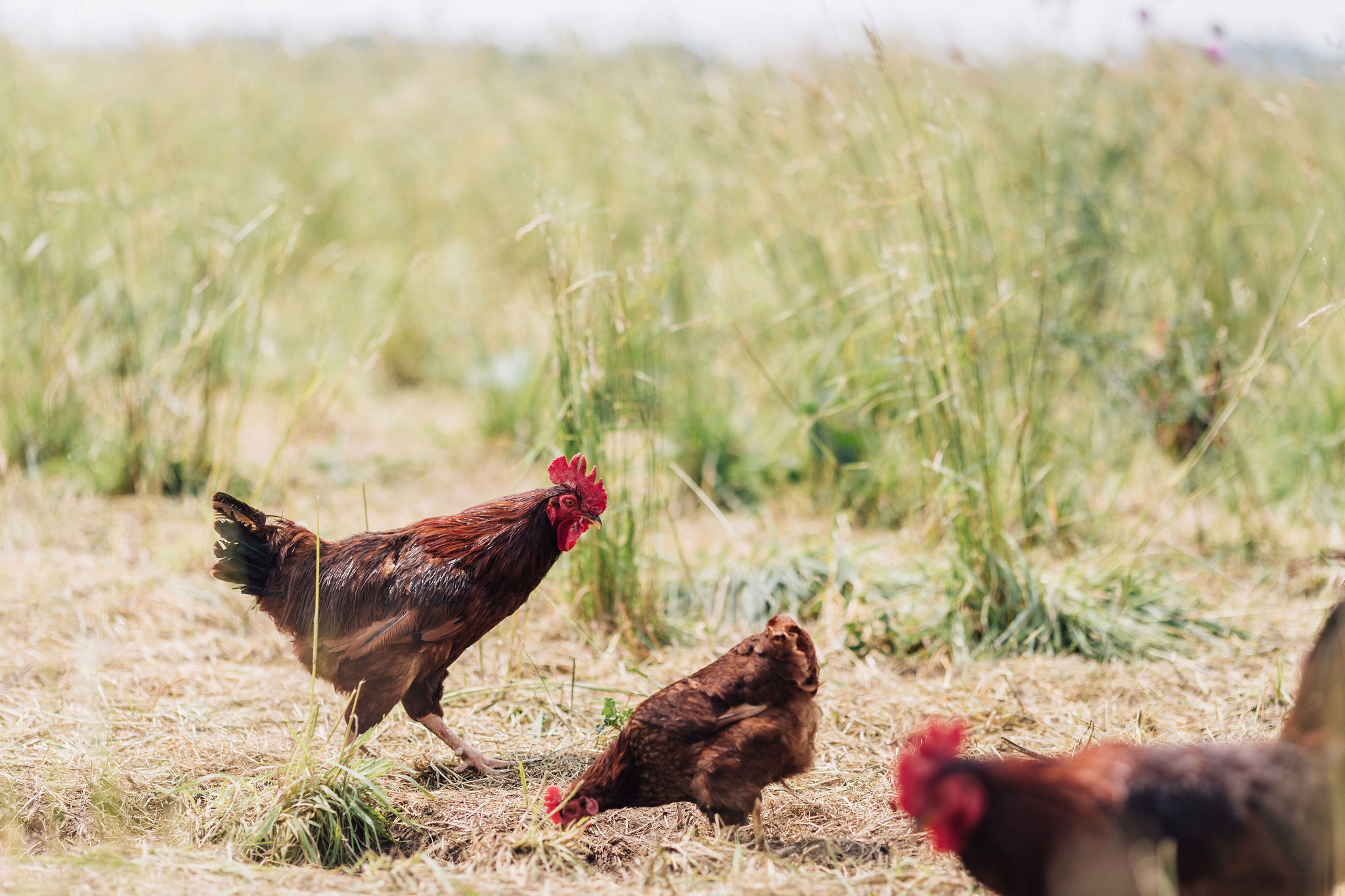What is A2/A2 milk and why it’s better for your body
posted on
October 4, 2019

There are an array of confusing and subjective food labels in stores - Prime, Choice or Select beef, Grade A or Grade B maple syrup, free range or pastured eggs, etc. These labels are all based on a human making a subjective assessment of the product. The lines that divide each are blurry.
When it comes to milk, the A2/A2 label is objective and scientific.
A2/A2 milk is milk that contains 100% A2 beta-casein protein. It’s a genetic thing. The farmer takes a cow’s hair sample and sends it to a lab. The labs sends back results that show whether the cow produces 100% A2/A2 milk, a mix of A1/A2 milk, or 100% A1/A1 milk. It’s objective. The line is clear.
It took a couple of years and was expensive for our farmer to convert his herd to 100% A2/A2 cows. It’s a pretty special farm with a pretty special farmer.
So why should we care? Well, modern American milk is unnatural. We’re not supposed to digest anything other than A2 beta-casein protein.
All mammals - humans, sheep, goats, dogs, camels, mice, whales, lions, platypuses, etc - produce milk that contains 100% A2 beta-casein protein. As mammals, it’s what we’re born to digest. It’s natural.
However, the situation with cows is unique. A few thousand years ago, there was a genetic mutation in cows in Europe (this was probably due to the stress of farming becoming industrialized). This mutation made cows produce a new type of beta-casein protein - A1.
Those European cows made their way to the United States. Now, any milk you buy in an American supermarket will be A1/A2 - organic or not.
Evolution is a long term process. A few thousand years in not enough time for humans or cows to evolve to digest A1 protein. We’d need a million years for that.
Will it hurt me if I drink A1/A2 milk? Maybe, maybe not.
Every body is different. It seems that some bodies can handle the A1 beta-casein protein, some cannot tolerate it at all, and some don’t have obvious allergy-like symptoms but A1 is the underlying cause of chronic issues.
Cows in Asia - the ones with the hump on their back - were not affected by a genetic mutation. They all produce 100% A2/A2 milk. I’ve heard many stories of people moving from Asia to the United States and developing really chronic issues that, after many doctors hypotheses were debunked, were resolved by switching to A2/A2 milk.
Is there any science behind this? Yes, there is. The research so far shows that consuming A1 beta-casein protein can cause a variety of issues.
Your body needs protein. Enzymes break protein down into amino acids, which are then absorbed into your bloodstream and used to build and repair things in your body like your skin and muscles. Super important.
The A1 beta-casein protein breaks down into a peptide called BCM7. As stated in an article in the Indian Journal of Endocrinology and Metabolism, “BCM7 is suggested to be associated as a risk factor for human health hazards as it can potentially affect numerous opioid receptors in the nervous, endocrine and immune system.”
The list of chronic health issues related to BCM7 is very long and very varied. It includes type-1 diabetes, heart disease, SIDS, autism, schizophrenia, and gastrointestinal problems.
A2/A2 milk has nothing to do with lactose intolerance.
Lactose intolerance is when the body either does not produce or does not produce enough lactase. Lactase is the enzyme the body uses to breakdown lactose, the sugar in milk. Raw milk naturally has beneficial microbes that help your body produce lactase, so that may be the solution for folks whose bodies produce little lactase. But A2/A2 milk will not help.
That being said, if you have a general intolerance to milk, A2/A2 could be the solution.
It’s important to note that more research is needed on the A1/A2 debate.
Compared to other medical topics, the research on A2/A2 milk is scant. We need more! We need large scale, blinded and controlled studies.
What we do have is lots of anecdotal stories of people who cannot tolerate A1/A2 milk but do just fine with 100% A2/A2 milk.




